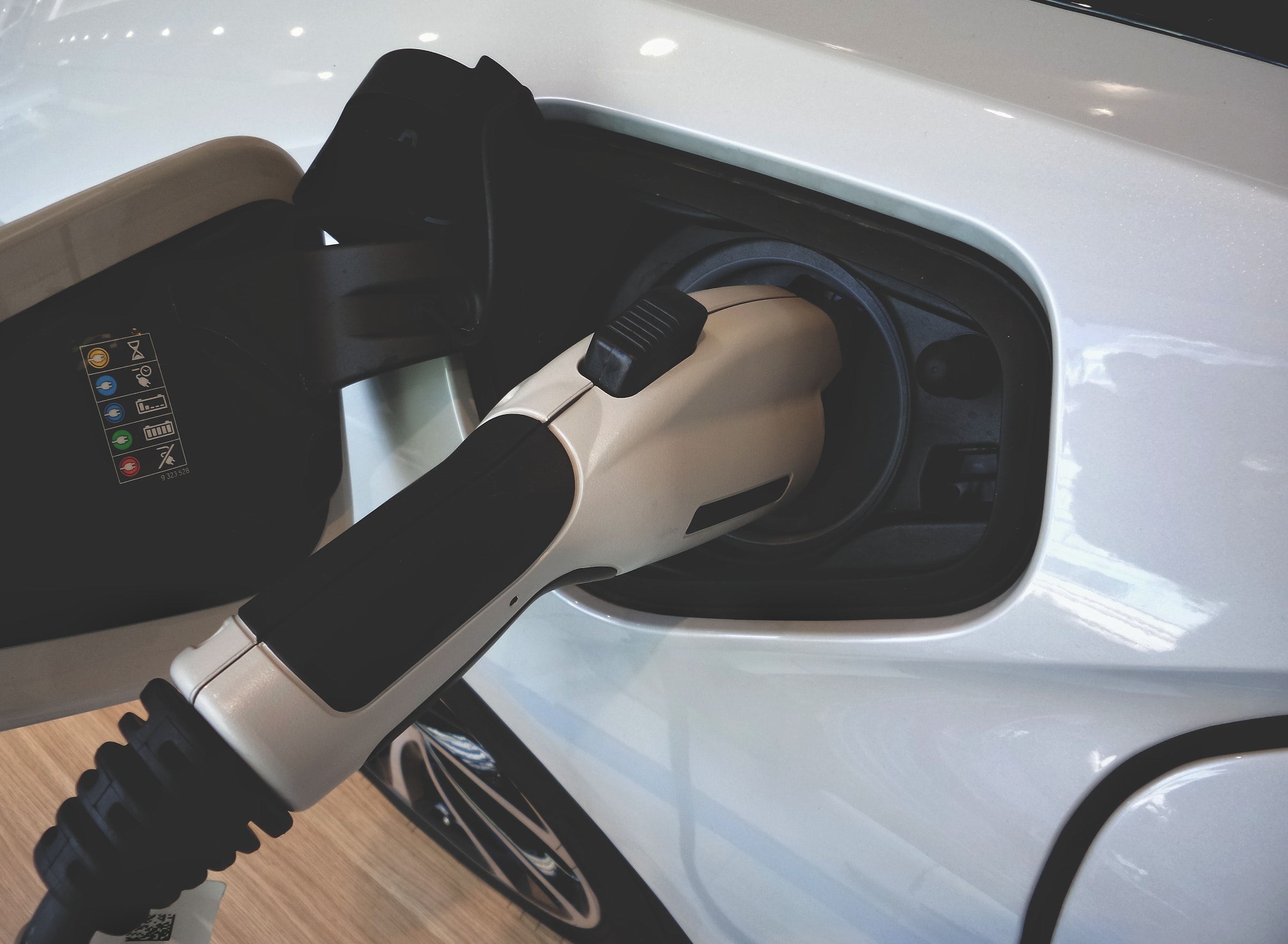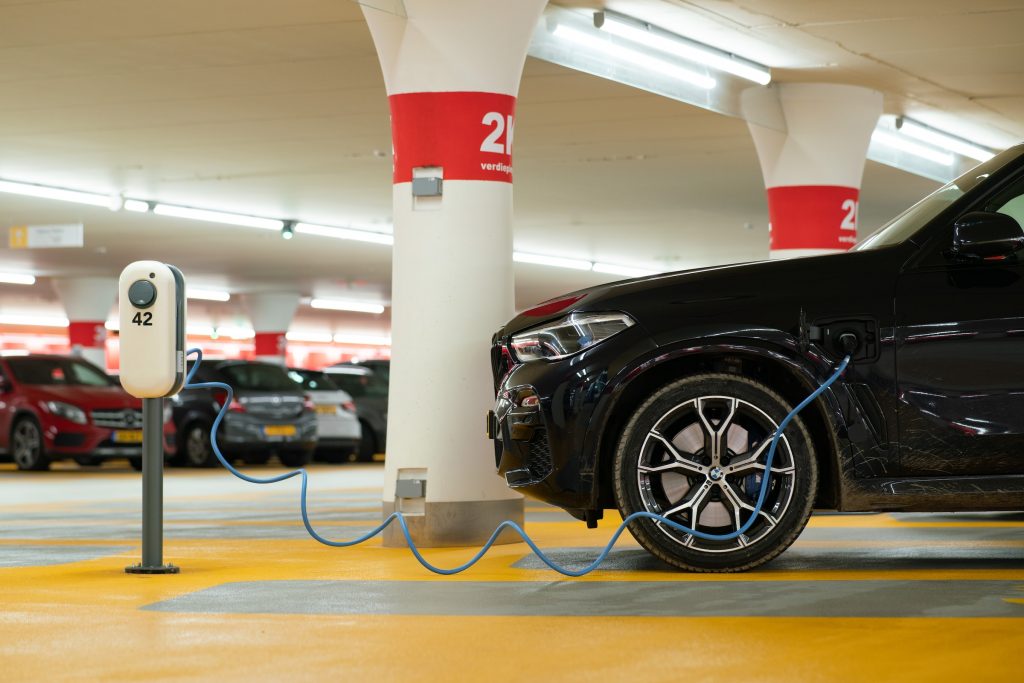The advancement of technology combined with the rise of industrialization has led to a wave of inventions and creations, each as innovative as the next. The construction of electric cars is one of them. Different from their counterparts (vehicles with gasoline and diesel engines), these cars run exclusively on electricity.
Instead of the combustion engine (piston, gearboxes, belts…), they have a battery that, once charged, will deliver the current to one or more electric motors. Many people ask themselves this question: Are they really interesting from an economic and ecological point of view compared to standard vehicles? So, without further ado, let’s dive into this blog and learn more about electric and thermal cars.
Comparison between an electric car and a combustion engine car

According to the statistics, 77% of the owners of electric cars said that they no longer want to drive a vehicle that runs on gasoline or diesel. According to the same study, 82% of motorists are considering investing in another electric vehicle. To find out why there is so much interest in electric cars, let’s make a detailed comparison of these two types of cars.
This review focuses on 2 key details, namely construction and emission rate. Do you own an electric car and plan to install a charging station at your home? Do you own a car fleet management company and plan to install one or more charging stations? Contact a company specializing in structural work.
The construction
Even if manufacturers have developed electric vehicles to preserve the environment, and in particular the ozone layer, against the devastating effects of the greenhouse effect, their idea does not necessarily please all the planet’s fervent defenders. Indeed, some of them point the finger at the production phase of an electric car, which they consider too energy consuming. For your information, the construction of an electric car involves the emission of a more or less important quantity of carbon into the air.
The rate of emission of pollutants
The construction of a sedan-type vehicle generates an average of 8.1 tons CO2 compared to 5.5 tons for a gasoline vehicle. Therefore, the question is to know if this carbon emission will be compensated for in the long term. In addition, there are the materials with which the battery is made.
Lithium, cobalt, manganese… the extraction of these rare elements represents a danger to the environment. We must not forget the extraction of hydrocarbons, which has a serious environmental impact. Knowing all this, is it advantageous to choose an electric vehicle rather than a thermal vehicle? You’ll find the answer in the rest of this detailed review.
A not so obvious choice

What makes electric cars interesting is that they produce only a tiny amount of greenhouse gases compared to combustion cars. For example, an electric city car emits up to 3 times fewer pollutants than a similar gasoline model. Nevertheless, the construction phase of these types of vehicles is very harmful to the health of Mother Nature. However, research conducted in Norway, the country that uses the most renewable electricity in the world, seems to favor electric vehicles.
A study conducted in that country proves that an electric vehicle needs one year to compensate for the pollution generated by its manufacture. This period is not so long compared to the average life of an electric car. With an average usage (of 20,000 km per year), an electric vehicle can be functional for more than half a century. In conclusion, it goes without saying that electric vehicles are definitely more advantageous compared to thermal cars.
Sound off in the comments section below, and tell us what you want to read next and if you want to read more about choosing your next vehicle.


